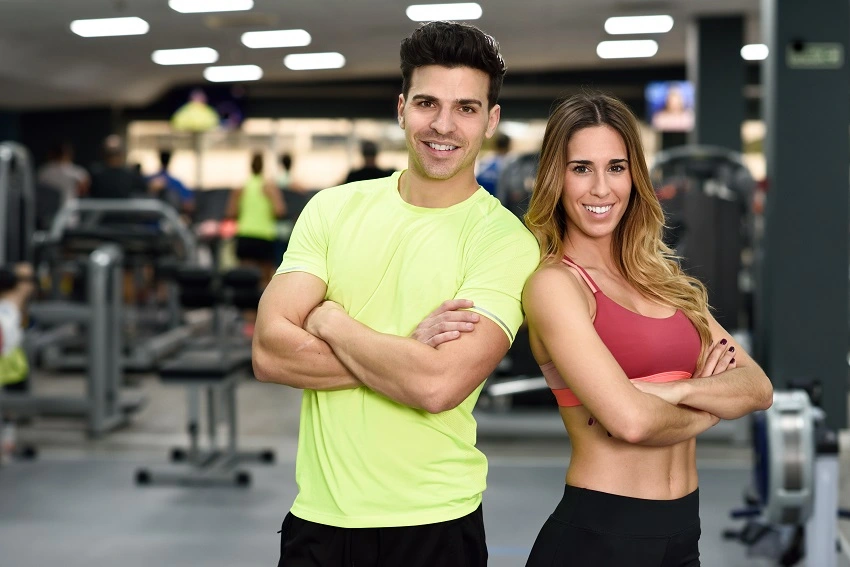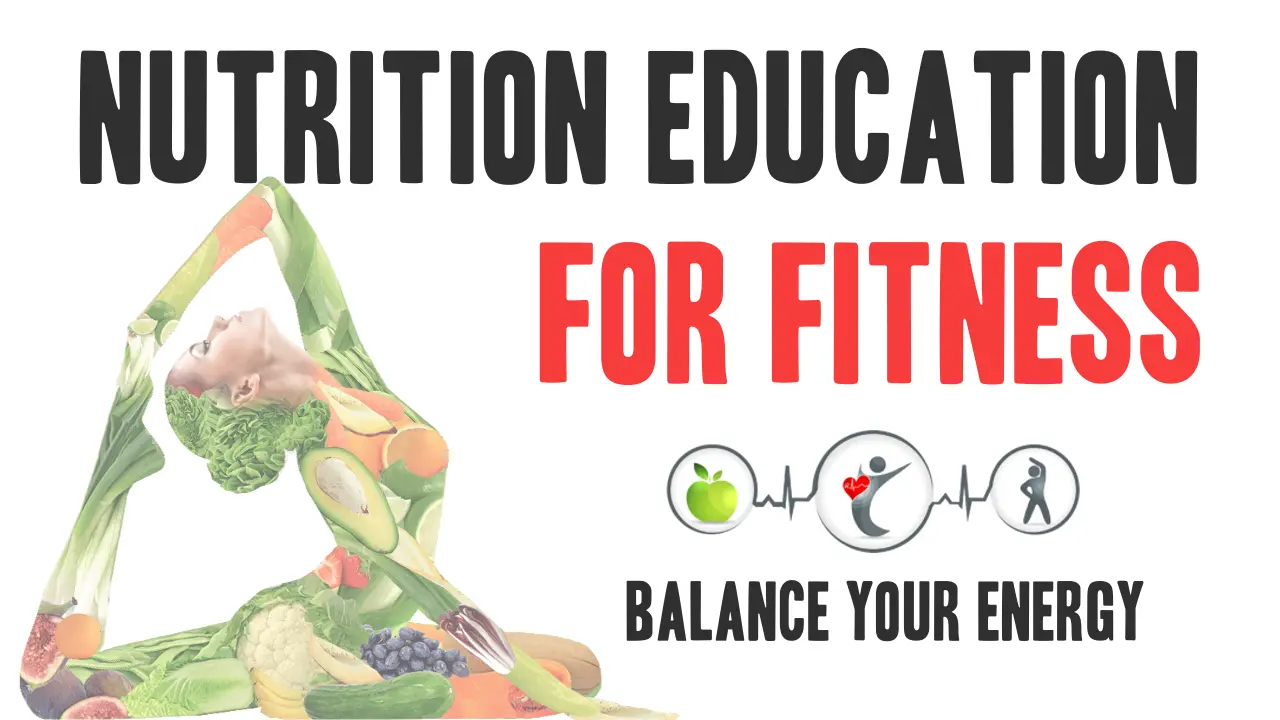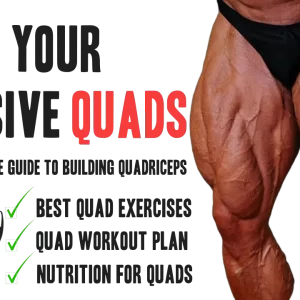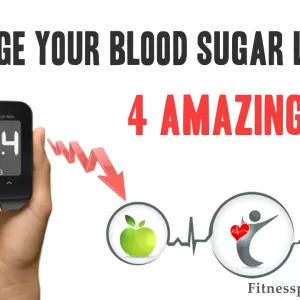Contents
Eating the right food is an essential part of a fitness program. Your individual nutritional needs will depend on factors such as your age, gender, and activity level. If you’re a fitness enthusiast but you don’t have any knowledge of nutrition, it is easy to underestimate your energy requirements. What you consume and when you consume it has a powerful impact on your energy levels. It also affects how you recover from a workout. The following information about nutrition will help you to improve your performance and reach your fitness goals.
Fuel your body
Your body needs fuel to support your fitness program. This means eating a well- balanced diet that includes lean protein, healthy carbohydrates, and unsaturated fats. You won’t perform as well and it will take you longer to recover if you neglect nutrition.
Lean protein sources include:
- lean meats
- poultry
- fish
- dairy products
- legumes
- plant-based protein sources like tofu
Healthy carbohydrates include:
- brown rice
- whole grain bread and pasta
- sweet potatoes
- Quinoa
- fruits and vegetables
Unsaturated fats include:
- olive oil
- avocado
- nuts like walnuts
- seeds
Successful fitness trainers today need an education in nutrition. Students studying nutrition often have a very full schedule. If you are studying nutrition and working at the same time, you may need help with essay writing.
Online writing services have professional writers who offer essay writing help that can gain your academic success. You can choose a writer with an educational background and experience in your topic. Provide instructions and the writer will fulfill them and meet all the academic requirements. You will receive a quality, unique essay at an affordable price. Learn from this essay example and you will improve your academic performance and career success chances.

Balance your energy
If you want to maintain a healthy weight, you must balance your calorie intake with the calories you burn.
According to the Mayo Clinic, you need to eat about 3 to 5 grams of carbohydrates for every kilogram of body weight if you’re in decent shape and want to do a light-intensity daily workout. If you weigh 150 pounds (68 kgs) this works out to 200 to 340 grams of carbohydrates a day. If you do a longer workout of more than an hour, you may need 6 to 10 grams per kilogram of body weight. If you weigh 150 pounds this is 408 to 680 grams a day.
Research suggests that if you are very active you should eat 1.5 to 2 grams of protein for every kilogram of body weight. If you’re 150 pounds it means you should eat between 82 to 136 grams of protein every day.
Don’t forget about the role of Omega-3 fatty acids
Don’t forget about omega-3 fatty acids when considering nutrition and fitness. They can help to reduce exercise-induced inflammation and muscle damage. Sources of omega-3 fatty acids include fatty fish like salmon, walnuts, chia seeds, and flaxseeds. Vitamins A, D, E, and K are fat-soluble vitamins and the body requires fat to absorb them properly.
Reduce exercise-induced damage
When you do intense exercise, your body may experience oxidative stress and muscle damage. If you eat foods rich in antioxidants it helps to combat the free radicals that cause oxidative stress. Colorful fruits and vegetables, such as kale, spinach, bell peppers, and berries, are full of antioxidants.
Time your nutrient intake
It is crucial to consume the appropriate types of food in the correct amounts before, during, and after you exercise. If you workout for less than an hour at a time, what you eat throughout the day should provide enough energy. However, for high-intensity workouts, your body needs more.
Pre-workout:
Eating carbohydrates before your workout gives your body the energy it needs. For high-intensity workouts, you may want to eat some of the following foods one to three hours beforehand.
- Oats are a complex carbohydrate that offers a sustained release of energy.
- A banana is a quick and easy-to-digest source of carbohydrates. It also contains potassium which helps your muscles to function.
- A smoothie that contains fruits, a source of protein, and a liquid base such as almond milk makes a healthy pre-workout drink.
- Nuts and nut butter give you a mix of healthy fats and protein for sustained energy release.
- Whole grain toast is easy to digest and offers quick energy.
- Quinoa is a grain containing complex carbs for sustained energy release.
Don’t underestimate the importance of nutrition during exercise either. For long high-intensity workouts, it’s recommended that you eat 50-100 calories of carbohydrates every half hour.
Post-workout:
Eating protein after a workout helps your muscles to recover. Specific amino acids (BCAAs) such as leucine and valine play a vital role in muscle repair. They are found in protein-rich foods such as meat, eggs, poultry, fish, and dairy products.
Hydration
Drinking fluids before, during, and after workouts is necessary to replace the water and electrolytes you lose through sweat. If you don’t drink enough you become dehydrated and this will affect your nutrition and fitness goals. Your body consists mainly of water and it is necessary for so many different bodily functions. It helps to deliver nutrients to the cells and to remove waste products.
Overall health
Paying attention to fitness and diet is crucial for overall good health. A healthy diet is rich in lean protein, whole grains, healthy fats, fruits, and vegetables. You need to exercise regularly to get the full benefit from it. Doing both can significantly lower the risks of certain chronic diseases like heart disease, cancer, and diabetes.
Conclusion
Exercise and nutrition work synergistically so it’s important not to ignore one or the other. What you put into your body is just as important as your fitness program. If you eat and drink enough before, during, and after exercise it keeps your blood glucose stable, maximizes your performance, and improves your recovery time. Your body will be able to perform at its best.



